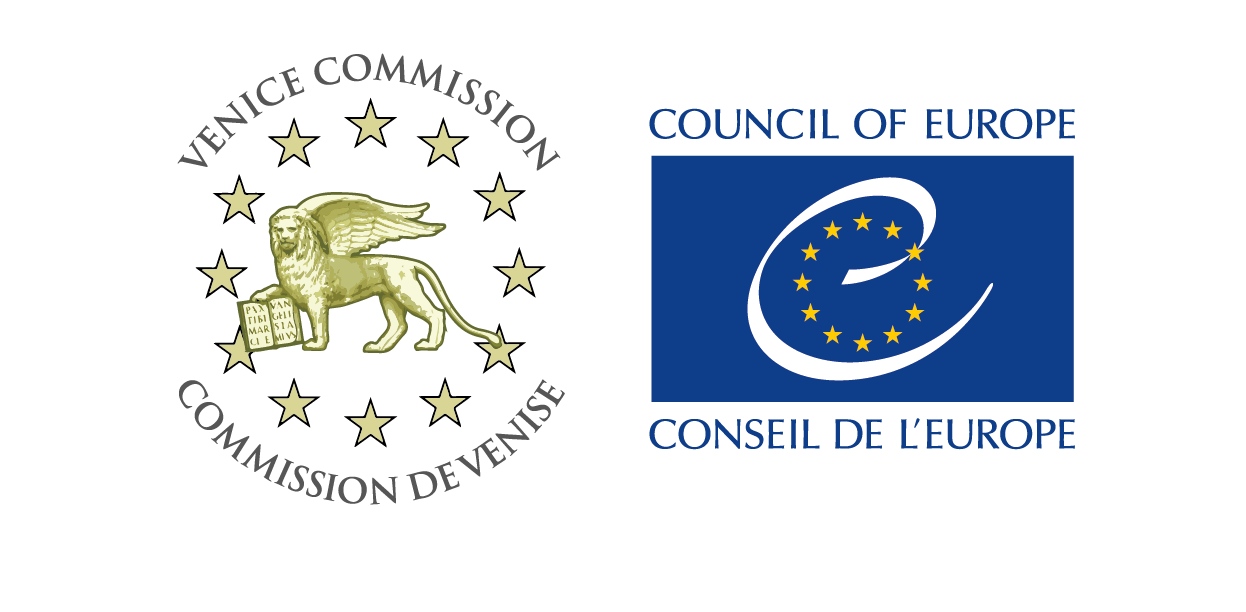

Venice Commission - Report on Bicameralism
www.venice.coe.int
Disclaimer: this information was gathered by the Secretariat of the Venice Commission on the basis of contributions by the members of the Venice Commission, and complemented with information available from various open sources (academic articles, legal blogs, official information web-sites etc.).
Every effort was made to provide accurate and up-to-date information. For further details please visit our site : https://www.venice.coe.int/
1.Has the country ever had a bicameral parliamentary (or congressional) system in the past? If so, in which period? Why was it decided to change into a unicameral system? Is there a public debate about changing to a bicameral system? What are the terms of the debate?
The country has always had a unicameral system. It has never in the past had a bicameral or congressional system.
2.What is the population of the country? What is its size?
The country has a population of around 2 million people (and a significant Diaspora, which is not included in that number). It terms of territorial size, Kosovo has 10,887 km2 (4,203 sq miles)
3.What form of state and form of government has the country? Please provide details with reference to relevant constitutional provisions. a) Unitarian or federal/regional/other form of decentralization; b) Parliamentary, presidential, semi-presidential or mixed
Kosovo has a parliamentary form of government. Although there is no such express determination in the Constitution, the Parliament is the only central body of government directly elected by the people, is the legislative institution of the country, and it elects and dismisses the President of the Republic, as well as elects and no confidence in the Government. Article 4 of Kosovo’s Constitution defines the form of government and articulates the constitutional principle of the separation of powers. It provides:
4.How many members are in the lower house?
There are one hundred twenty (120) members elected by secret ballot on the basis of open lists.
 Kosovo
Kosovo
“1. Kosovo is a democratic Republic based on the principle of separation of powers and the checks and balances among them as provided in this Constitution.
2. The Assembly of the Republic of Kosovo exercises the legislative power.
3. The President of the Republic of Kosovo represents the unity of the people. The President of the Republic of Kosovo is the legitimate representative of the country, internally and externally, and is the guarantor of the democratic functioning of the institutions of the Republic of Kosovo, as provided in this Constitution.
4. The Government of the Republic of Kosovo is responsible for implementation of laws and state policies and is subject to parliamentarian control.
5. The judicial power is unique and independent and is exercised by courts.
6. The Constitutional Court is an independent organ in protecting the constitutionality and is the final interpreter of the Constitution.
7. The Republic of Kosovo has institutions for the protection of the constitutional order and territorial integrity, public order and safety, which operate under the constitutional authority of the democratic institutions of the Republic of Kosovo.”
Another important provision is Article 63 of the Constitution, which provides that the “The Assembly is the legislative institution of the Republic of Kosovo directly elected by the people.”
Article 65 then sets forth the competencies of the Assembly, which, among others, “elects and may dismiss the President of the Republic of Kosovo” (Art. 65, para. 7), and “elects the Government and expresses no confidence in it” (Art. 65, para. 8).